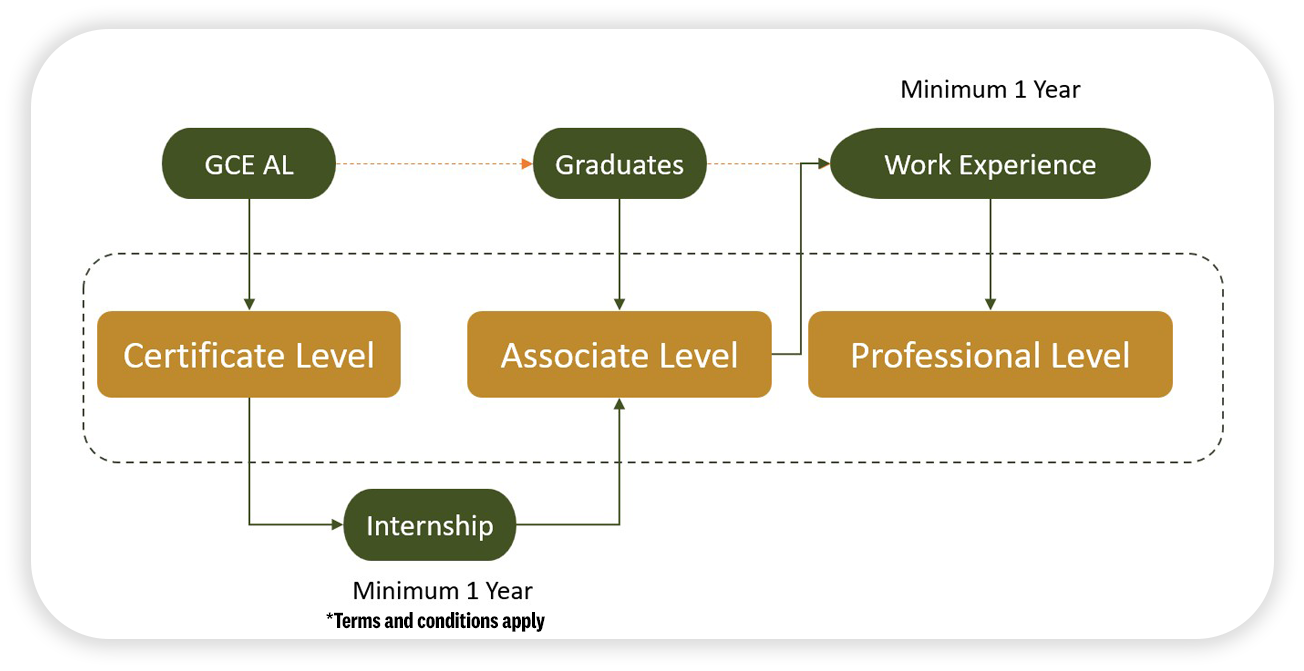
Certificate Courses
Home / Certificate Level Courses
Students in computer science, IT, engineering, business analytics, accounting, finance, or related fields seeking practical, in-demand skills before entering the workforce.
Associate-level staff such as business analysts, junior developers, reporting executives, ERP support teams, network administrators, or junior security analysts.
Individuals from finance, supply chain, operations, HR, admin, or non-IT backgrounds moving into technology-driven roles.

Learning Path
Learn how to collect, clean, transform, and manage business data using industry tools like Excel, SQL, ERP systems, and Python.
Design and implement practical data pipelines, ETL processes, and reporting dashboards that deliver actionable business insights.
Gain hands-on experience with projects that showcase your ability to solve business problems through data engineering best practices.
Direct application of data engineering concepts to ERP environments used by companies worldwide.
Proficiency in Excel, SQL, ERP data handling, and introductory Python for data engineering.
Covers both technical and business skills, aligning with current industry demands
.
Skills spanning from data collection and cleaning to visualization, reporting, and automation.
Develop proficiency in cleaning, transforming, and structuring data for analysis using Excel and Power Query
Learn how to design effective charts, pivot tables, and interactive dashboards that highlight trends and insights
Understand when and how to use Excel, Power BI, and Tableau to deliver data-driven recommendations
Gain practical experience with industry-standard tools used by analysts and business professionals worldwide.
Learn not just the technical skills, but also how to present data visually to influence decisions.
Acquire competencies that are in high demand across business, finance, marketing, and operations roles
Build versatility by working with Excel, Power BI, and Tableau, enabling adaptability to different business environments
Including confidentiality, integrity, and availability (CIA triad), security models, risk assessment, and threat landscape awareness
To build upon foundational knowledge by exploring deeper technical aspects such as endpoint protection, system hardening, OS level security (Linux/Windows), malware analysis, and advanced threat handling
Focusing on skill growth by making each level of the course be tied to a specific learning outcome designed to support a steady progression
Ideal for beginners and career explorers with no prior experience.
Develops essential vocabulary, mindset, and understanding of how security underpins modern digital systems.
Builds readiness for entry-level roles or future higher-level studies.
Enables informed decision-making on digital safety in both personal and professional environments.
** Subject weight reflects the proportion of the depth of subject matter relevant for each level.
Tools Focus: Snowflake + Microsoft Power BI | Level: After A/L | Beginner → Job-ready foundation